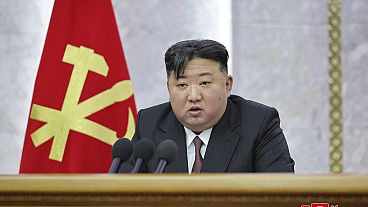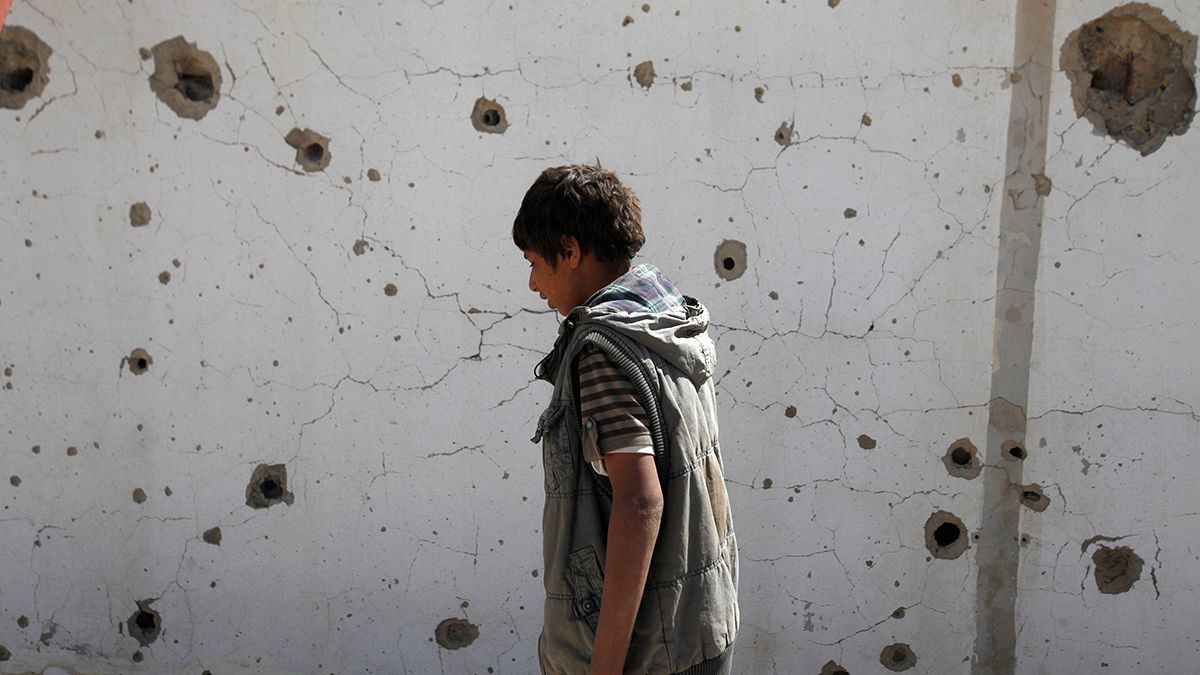With Millions malnourished and in danger of death, the civil war in Yemen rages on
At least 10 people, including 6 children, died in the latest attack in Taiz, south west Yemen. An artillery shell ripped through a packed market place. According to the UN High Commissioner for Human Rights, the attack has been attributed to Shiite Houthi rebels.
The forgotten warzone
As the international community looks on from the sidelines, Yemen is enduring a civil war which, since March 2015, has killed over 6,000 people, most of them civilians. The war pits the Houthis from the north, against forces loyal to President Abd Rabbo Mansour Hadi, who is currently in exile in Riyadh.
In Yemen, like elsewhere, it all began with the Arab Spring….
Milk factories in #Yemen are being destroyed by US-Saudi airstrikes. Hudaydah City #humanrightspic.twitter.com/ziNwyUOyLl
— ❌Rosa❌..#SaveYemen (@rosa473a) October 4, 2016
A brief background
Ali Abdullah Saleh became President of Northern Yemen in 1978. In 1990 he became President of a reunified Yemen. Seizing upon the opportunity the Arab Spring presented, he was removed from power in 2011.
Abd Rabbo Mansour Hadi was elected in 2012, in a victory recognized by the international community.
But he came under immediate pressure from Houthi rebels who seized Sanaa in 2014. By March 2015, Hadi had fled to Saudi Arabia.
Enemies to allies
One time enemies of President Ali Saleh, the Houthi rebels are now his allies, fighting alongside his troops.
The former President’s troops and supporters remain loyal. Bolstered by this support and gains on the ground from the rebels he once fought, he hopes to make a comeback.
Neither the months of UN-led talks, nor the intervention of an Arab coalition under the command of Saudi Arabia could put an end to the conflict. Even though, since March 2015, Saudi warplanes have been pummeling rebel bases.
Behind the proxy war
Behind this proxy conflict, two formidable powers face one another. Predominantly Sunni Saudi Arabia which supports President Hadi, and mainly Shiite Iran, allegedly backing the Houthis.
With no hope of reconciliation in sight, and the rebels organising politically and forming a government in Sanaa, the civilian population are the worst affected.
The humanitarian crisis
The head of UN humanitarian operations, Stephen O’Brien said: “We have managed to avert what otherwise might have descended into the technical description of famine, but it is very very tight .”
I urge
UN</a> to lift the blockade on <a href="https://twitter.com/hashtag/Yemen?src=hash">#Yemen</a> (Res. 2216) Coz MILLION KIDS ARE STARVING TO DEATH <br>JOIN ME<a href="https://twitter.com/hashtag/YemenCrisis?src=hash">#YemenCrisis</a> <a href="https://twitter.com/hashtag/UN?src=hash">#UN</a>-sanctioned genocide <a href="https://t.co/kCCBiZn337">pic.twitter.com/kCCBiZn337</a></p>— Afrah (Lady_Afrah) October 4, 2016
O’Brien continued: “We need greater facilitation by the authorities at every level, whether it’s here in Sanaa or in Hodeidah or elsewhere in Yemen. The authorities, whoever they are, need to able to give us great and quick facilitation, not put administrative burdens in our way, not to distrust us.”
To respond to the worsening crisis in #Yemen we’ve shipped in an extra 1,475 tons of aid to assist more than 336,000 of those most in need. pic.twitter.com/KWH7VzZvY8
— UNHCR Yemen (@UNHCRYemen) October 5, 2016
According to O’Brien, 80% of the population need humanitarian aid. UNICEF say, 3 million people need immediate food assistance and 1.5 million children are suffering from malnutrition in a country which, even before the war, was the poorest in the Arabian Peninsula.












